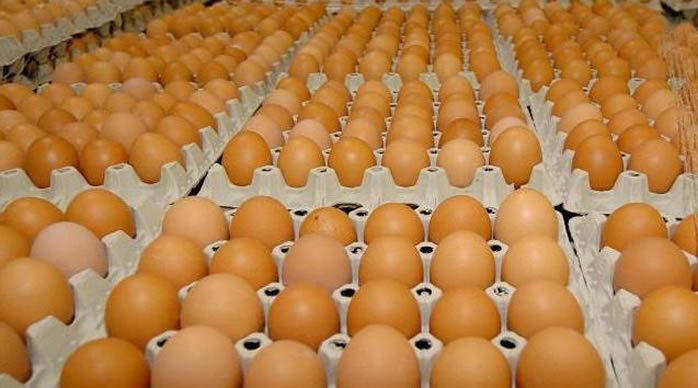The Nigerian poultry industry is facing a significant crisis due to a sharp decline in egg sales, primarily attributed to the economic hardship and reduced purchasing power of citizens. This downturn has been exacerbated by the removal of fuel subsidies, which has led to a surge in poultry feed prices, further impacting egg production and profitability. Poultry farmers are expressing grave concerns about the sustainability of their businesses, highlighting the devastating impact of the current economic climate on consumer demand and the overall viability of the poultry sector. The ripple effects of this crisis extend beyond the poultry industry, potentially affecting food security and employment in the country.
The removal of fuel subsidies in 2023 has had a cascading effect on the Nigerian economy, significantly impacting various sectors, including the poultry industry. The increased cost of transportation has directly translated to higher prices for poultry feed, a major input cost for poultry farmers. Consequently, farmers are struggling to maintain production levels, leading to a decrease in the supply of eggs and chicken in the market. This decrease in supply, coupled with reduced consumer purchasing power, has created a perfect storm for the poultry industry, pushing many farmers to the brink of collapse. The current economic situation has limited the financial resources of many Nigerians, forcing them to prioritize essential expenditures and reduce spending on protein sources like eggs and chicken.
The reduced consumer demand, coupled with rising production costs, has created a double bind for poultry farmers. They are caught between shrinking profit margins and the need to maintain production to stay afloat. This precarious situation has forced many farmers to reduce their flock sizes or even shut down their operations entirely, leading to job losses and further impacting the already fragile economy. The lack of essential infrastructure, such as adequate refrigeration and cooling systems, further compounds the challenges faced by poultry farmers, particularly in Nigeria’s hot climate. The absence of proper storage facilities leads to significant product losses due to spoilage, exacerbating the financial strain on farmers and further contributing to the decline in egg sales.
The Poultry Farmers Association of Nigeria (PFAN) has appealed to the government for urgent intervention to address the multifaceted challenges confronting the industry. They are urging the government to implement measures to mitigate the impact of rising production costs, particularly the price of poultry feed. PFAN has also emphasized the need for infrastructural development, specifically the provision of refrigeration and cooling systems to reduce product losses due to spoilage. These interventions are crucial for ensuring the long-term sustainability of the poultry industry and safeguarding the livelihoods of countless farmers who depend on it.
The PFAN has proposed a strategic initiative to stimulate demand and provide a stable market for poultry products: incorporating eggs into school feeding programs. This initiative would not only boost egg consumption but also contribute to improving the nutritional intake of school children. By providing a guaranteed market for eggs, this program would help stabilize the poultry industry, prevent further business closures, and protect the jobs of thousands of Nigerians employed in the sector. This initiative offers a win-win solution, addressing both the challenges faced by the poultry industry and the nutritional needs of school children.
The Jigawa State Governor, Umar Namadi, has acknowledged the critical role of poultry farming in job creation and food security, assuring farmers of his administration’s commitment to addressing the challenges facing the industry. This recognition of the importance of the poultry sector offers a glimmer of hope for the struggling farmers. The government’s commitment to finding solutions and implementing supportive policies is crucial for revitalizing the poultry industry and ensuring its continued contribution to Nigeria’s economy. The success of these efforts will depend on the government’s ability to effectively address the complex interplay of factors impacting the industry, including rising production costs, declining consumer demand, and the need for improved infrastructure.














